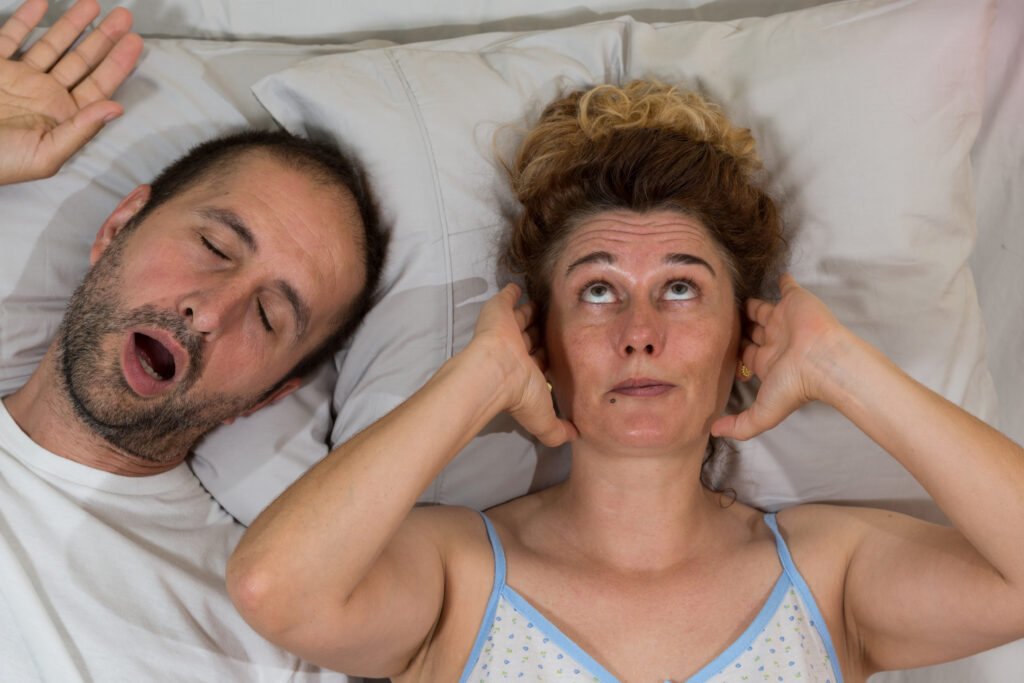Overall, surgery for sleep apnea is usually reserved for either people who have failed a trial of a positive airway pressure device (CPAP or BiPAP or APAP) or who have just a single anatomic factor causing their blockage. In most large studies and scientific reviews, we find surgery for sleep apnea is successful at reducing sleep apnea severity by 50%. For some patients the improvement is more, and for others it is less.
For example, if I see a normal-weight individual with very large tonsils and a badly blocked nose, but on endoscopy their tongue base and epiglottis are in a normal position, then this patient is likely to respond well to surgery. The opposite example is more common though: Someone who is significantly overweight with normal tonsils, a typical nasal channel but lots of crowding in the lower throat is much less likely to be “cured” with aggressive sleep apnea surgery.
CPAP therapy on the other hand is actually more successful on average in more patients. So most academically-minded centers will start with a trial of PAP therapy. Oral appliance therapy may also be considered.
Surgery to improve nasal breathing, crowding in the back the throat, the tongue base, or the epiglottis is usually then considered if CPAP is not successful. Often the goal of surgery is not so much to “cure” the apnea completely, but give an improvement such that pressure settings on PAP machines can be lowered and the overall risk of cardiac death can be reduced.
Patient weight (BMI) seems to be the single most important factor in whether a surgery will help. Good hands-on troubleshooting and fitting is the single most important factor in whether CPAP/BiPAP/APAP therapy can be successful.

